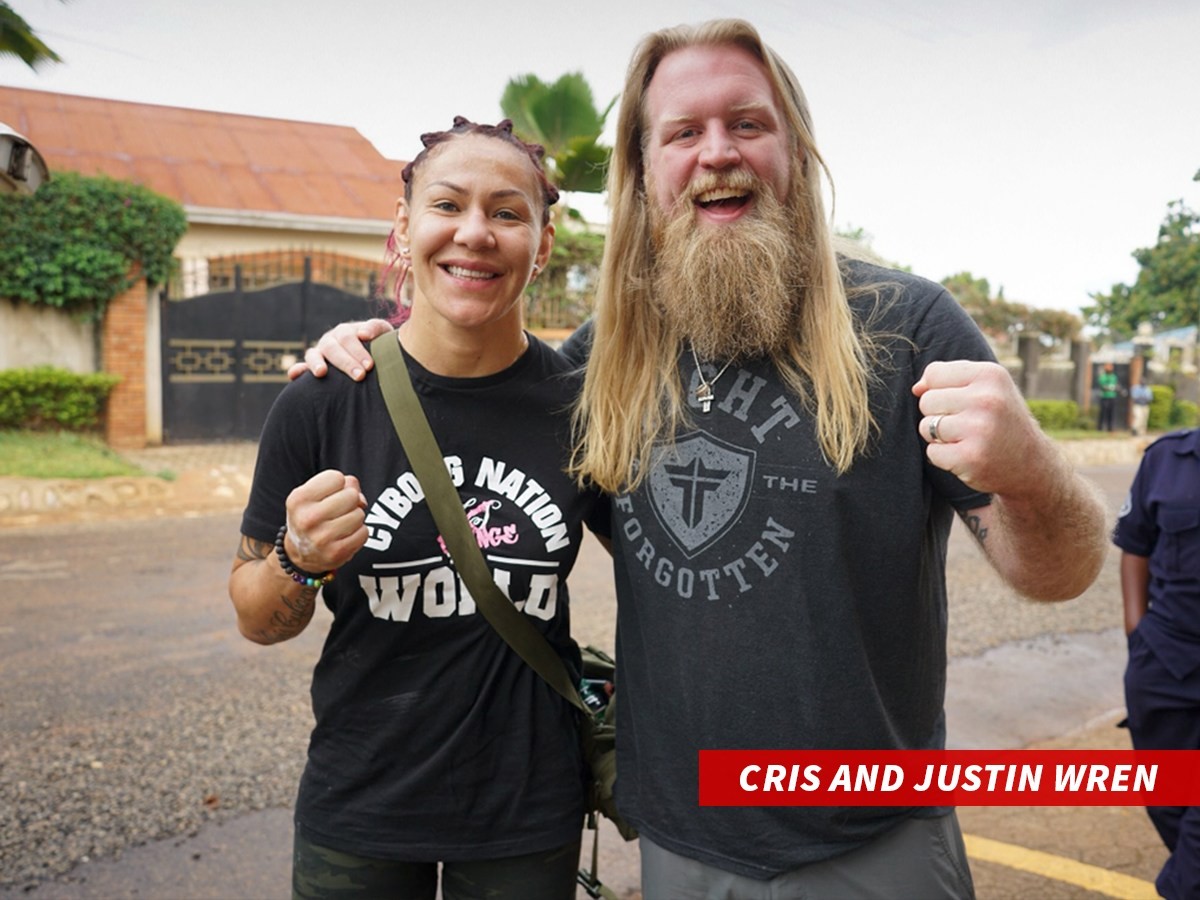

We’re not trying to develop or go in for that ‘expand their minds’ bullshit.From notable mixed martial artist and UFC fighter Justin Wren comes a personal account of faith, redemption, empowerment, and overwhelming love as one man sets out on an international mission to fight for those who can’t fight for themselves. Steel is in business to make profits, not to make steel.” Or as the founder of the Apollo Group, the parent company of the University of Phoenix put it: “This is a corporation…Coming here is not a rite of passage.

This object of abolition is not a form of self-possession “that could have” (including the capacity to eliminate anything) but in its unconditional vulnerability to, not simply the relations of material or symbolic possession, but also the very capacity to posses anything, it also becomes something with and in dispossession.”ĭavid Stein: “Capital will not provide the necessary jobs for the current number of people, college graduates or not, unless it sees appropriate rates of profit in such an expenditure. Sora Han: “We are hearing here abolition as a mode of being against social relations invested and investing in promises of sovereignty and self-possession. We don’t think this is a simple problem, and it does not have a simple solution.
#JUSTIN WREN PROFESSIONAL#
Publishing critique of this phenomena threatens to exacerbate the general problem of professional university critique. We do this because the risk of “professional” publication on higher education programs inside prison is similar to those outlined at the outset of this section: higher education programs inside prisons supplement the failing University, offset its negligence specifically in the realm of alleged “criminality,” and displace criminality into service absorbed as value by the University. These vernaculars include reference to efficiency and outcomes, academic disciplines, and the discourses surrounding the prison nation. This includes a blend of administrative, logical, and political rhetorics alongside various vernaculars produced by our experiences working within higher education programs in prison, institutions of higher education outside prison, and activist networks exposing and seeking to transform the connections between the prison and the University/college as institutions. Meiner/Harkins: Our own response to the problem of “professionalization” is to mix the languages used across the spaces and modes of labor related to higher education programs inside prisons.

Finally, I provide an overview of some of the pivotal publications of the year, connecting ideas of hegemony, power and dominance, reflexivity and Marxism within a western context. Further, I provide insight into an understudied conference held in Australia where Hall’s impact led to the birth of an Australian Cultural Studies journal. This article situates Cultural Studies primarily within a North American context focusing on the pivotal event of the year: the teaching institute held prior to the 1983 conference at the University of Illinois where Hall delivered what would be eight influential lectures in the field of Cultural Studies. Myriad publications published in 1983 provide insight into how Cultural Studies circulated among scholars in varying disciplines while still in its infancy. Throughout 1983 Cultural Studies continued to spread outside the United Kingdom, spurred by Stuart Hall’s tour of Australia and parts of the United States where he presented lectures connecting current ideas of what it means to study culture in often disparate and intense political climates across the globe.


 0 kommentar(er)
0 kommentar(er)
